‘Salman Farsi’, Mirbagheri’s magnum opus TV series on life of Prophet’s companion
By Maryam Qarehgozlou
‘Salman Farsi’, a biographical television series on the life and times of Salman the Persian, will be premiered in two years on the Islamic Republic of Iran Broadcasting (IRIB).
The news has brought cheer to millions of people in Iran and many other countries who had been waiting for years to see the life of the notable Iranian figure and one of the most faithful companions and friends of Prophet Muhammad (PBUH) on the celluloid.
IRIB head Peyman Jebelli in his remarks recently said Salman Farsi is one of the “most expensive” TV series ever made in the country that includes the “most difficult and complicated” scenes ever to have been shot in Iran’s film industry.
“Salman Farsi’s production project is running smoothly, on schedule and within budget,” Jebelli said, promising there will be “no delays” in releasing it.
The visionary man behind the Salman Farsi series is Davood Mirbagheri, best known for the series he directed about the history of Islam and distinguished personalities from early Islamic history such as Mokhtar Saqafi and Imam Ali (AS).
The filming for Salman Farsi series began in late December 2019.
Mirbagheri had started writing the scenario for Salman Farsi 20 years before he actually started shooting for it, due to which the series had to be “changed and evolved constantly”, as he said.

The much-anticipated series includes 60 episodes and will be broadcast over three seasons that would cover three historical eras: the Sasanian Empire, the Byzantine Empire, and the advent of Islam.
The story of this riveting series is narrated from the birth of Salman and ends with the event of Ghadir, one of the most important events in the history of Islam.
On this day, Prophet Mohammad (PBUH), upon return from his last Hajj pilgrimage, introduced Imam Ali (AS) as his vicegerent and people’s guardian after himself at a place called Ghadir Khum, where everyone including his close companions pledged their allegiance to Imam Ali (AS).
Reports indicate that the production of the Sasanian Empire season of the series is currently underway and cast and crews are working “on a tight schedule.”
The filming of the third season which features the rise of Islam and the life of Salman in Mecca and Medina where he was in the company of the Holy Prophet (PBUH) will begin next year.
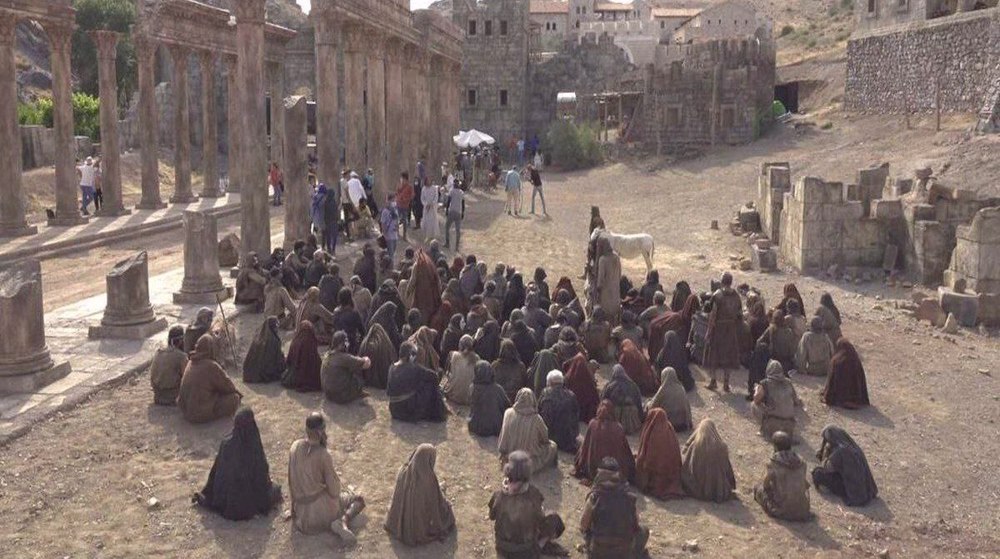
The filming
Salman Farsi series was filmed across multiple Iranian locations and picturesque landscapes including Shahdad in the southern province of Kerman, Qeshm Island in the Persian Gulf, Sharood in Semnan province in central Iran, the northern province of Mazandaran, as well as the capital Tehran.
Several Byzantine-era scenes were shot in Armenia and Saint Stepanos Monastery, an Armenian monastery located in the city of Julfa in the province of East Azarbaijan, northwestern Iran.
Some scenes from the Sassanid period that include several historical places such as Ctesiphon and Silk Road have been filmed in Shahrood, Hyrcanian forests, and Mojen, in central Semnan province.
A significant part of the Sassanid period has been filmed at multiple cinema towns in Tehran.
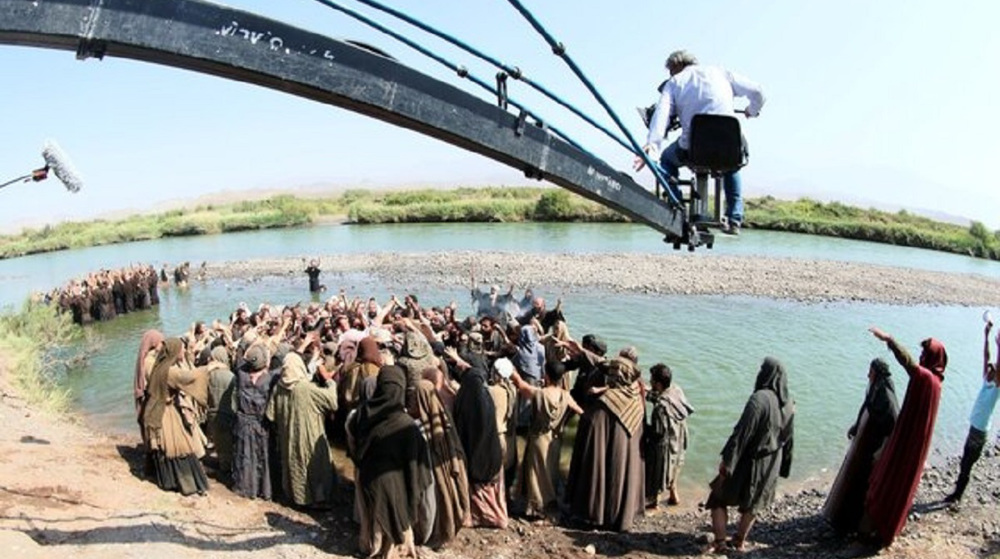
The third segment of the series (pertaining to the advent of Islam) is scheduled to be shot on a set where Iranian filmmaker Majid Majidi’s magnum opus “Muhammad, the Messenger of God” was filmed in Nour Cinema Town on a road linking Teharn to Qom.
For the first time ever, the series will depict 100 years of Iranian history from the time of Sasanian kings including Khosrow I, Hormizd IV, Kavad I, the death of Khosrow II, Bahram Chobin, and many others.
The COVID-19 pandemic, which postponed or shut down shows and movies across the world, also caused delays and disruptions in the production of the Salman Farsi series.
Some of the scenes were originally planned to be filmed in Turkey, but due to the COVID-19 pandemic and recurring lockdowns and restrictions, the plan was canceled.
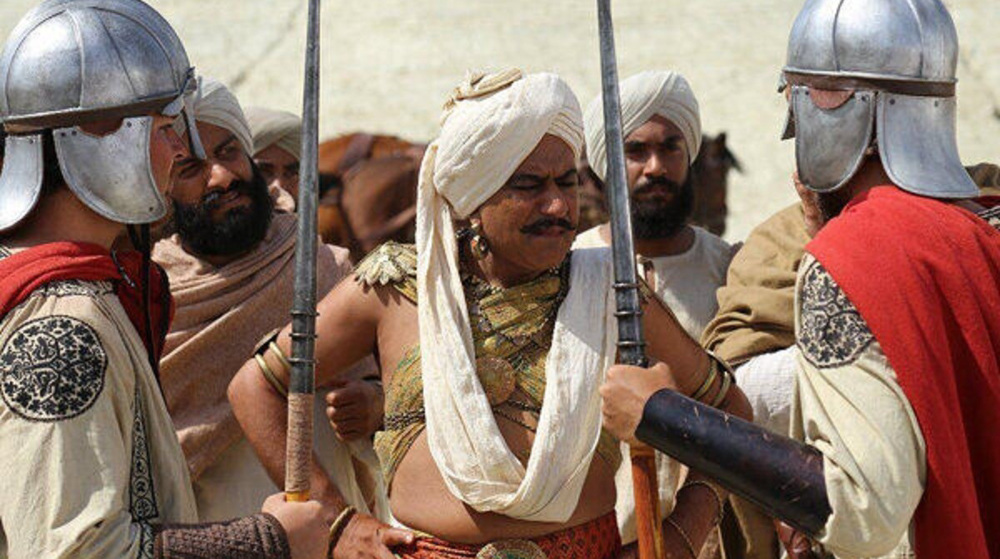
Casting
There are nearly 1,500 cast members in this series, including prominent Iranian movie and theater actors as well as foreign artists.
Alireza Shoja Nouri plays the leading role of Salman Farsi in his middle and old ages.
Amir Rezaei, an actor mostly known for his stage acting plays the role of young Salman Farsi. He is chosen for the role mostly for his resemblance to Shoja Nouri.
Teenage and baby Salman Farsi actors either have not been cast yet or have not been announced by the director and producers.
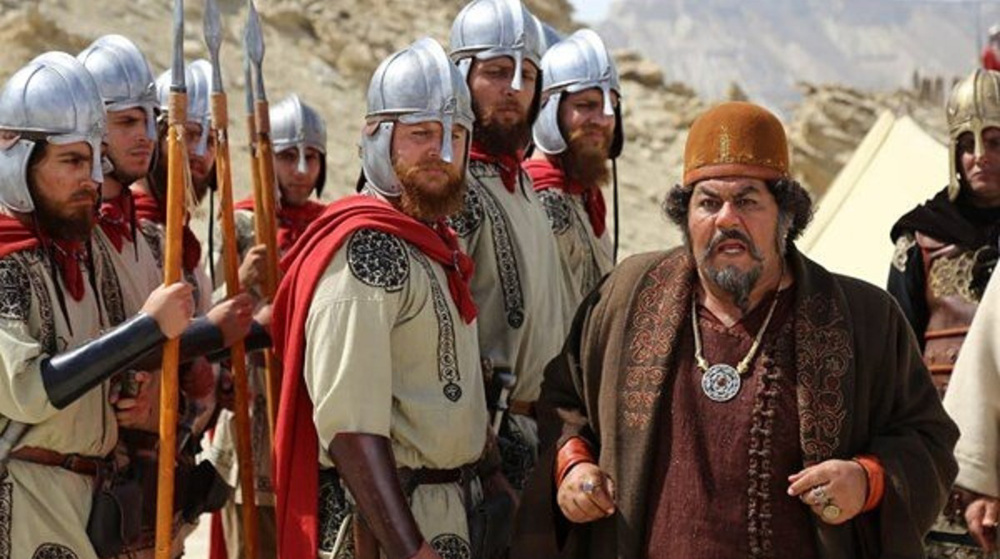
Farhad Aslani, Mohammad Reza Hedayati, Darius Farhang, Behnaz Tavakoli, Ehteram Boroumand, Ramona Shah, Ali Dehkordi, late actor Changiz Jalilvand, Mohammad Javad Jafarpour and Mahdi Faghih feature in the main cast.
Producers have also cast hundreds of foreign actors from Tunisia, Greece, Armenia, India, Iraq, Africa and China in different roles.
Greek actors Christina Sotiriou, Panos Gogos, and Manos Pintzis feature in the series in the Byzantine Empire segment.
Tunisian actor Hichem Rostom plays the role of a member of the monastic community in the Byzantine Empire season of the series. He passed in June 2022 at 75.
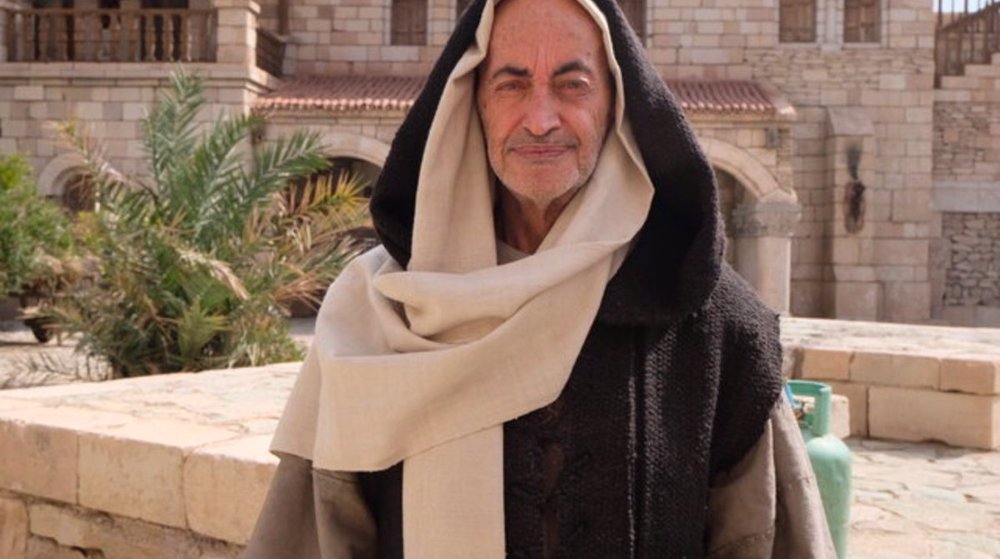
Set, costume design, visual effects
So far, it is estimated that around 11,000 different outfits have been exquisitely designed for characters featured in the Salman Farsi series.
Nearly 30 workshop spaces are allocated to set construction.
The series set designer is Seyyed Mohsen Shah Ebrahimi, a veteran Iranian art director and costume designer.
The series is among the first works of Iranian cinema and television that use Chroma Key technology for visual effects.
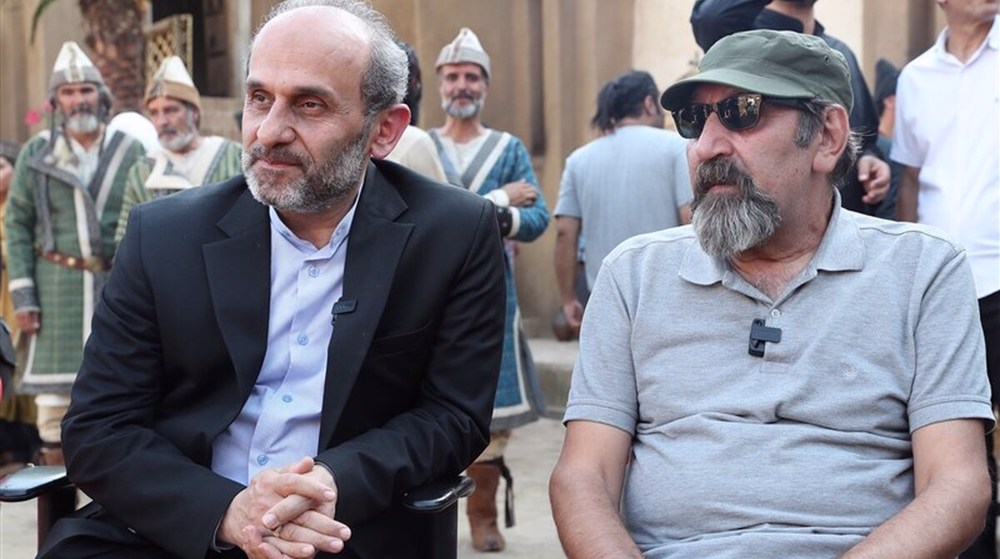
Who was Salman Farsi?
Salman was born with the name Rouzbeh Khoshnudan near Isfahan, central Iran. His exact date of birth is not known, but historians believe it could be between 531 and 570 AD.
He was a practicing Zoroastrian, but later, against his father’s will, converted to Christianity, left his house, and served one distinguished priest after another in a long quest for divine knowledge.
He traveled to Syria and then to central Arabia, seeking the prophet who, he was told by one of his Christian teachers, would revive the religion of Abraham.
During his journey to the Arabian Peninsula, he was betrayed and sold to a Jew in Medina.
When he met Prophet Mohammad (PBUH) in Medina, he realized that he was that prophet whose coming was foretold. He converted to Islam and was freed by the Prophet of Islam.
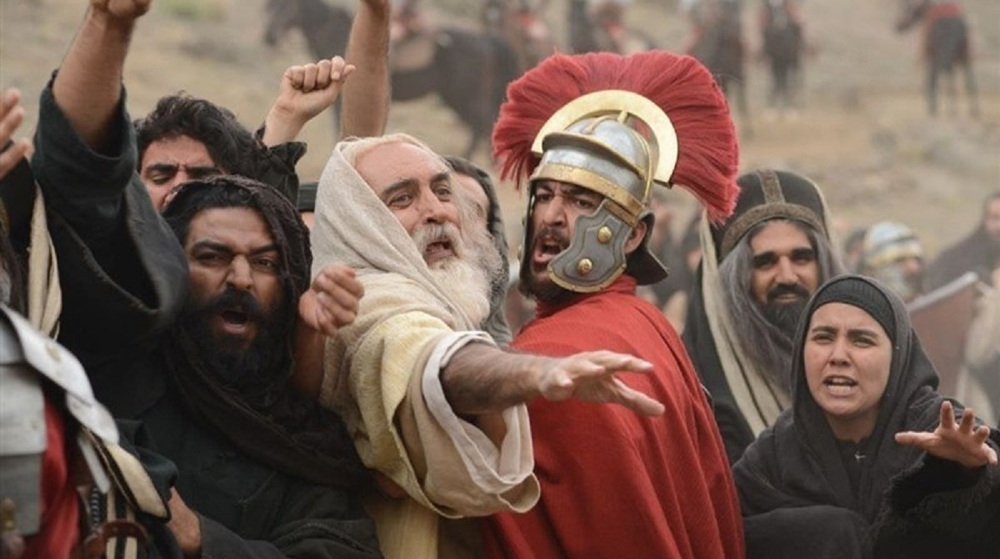
Before the Battle of the Trench in 627, Salman suggested to Prophet Muhammad (PBUH) and the other Muslims to dig a large trench around Yathrib (a technique commonly used by the Sasanian army) to help defend against the Quraysh, who were marching from Mecca to besiege the city.
His technique proved instrumental in Prophet Muhammad’s (PBUH) successful defense.
Salman is said to have translated parts of the Holy Quran into Persian during the lifetime of the Prophet Mohammad (PBUH) and was the first person to translate the holy book into a foreign language.
Director Mirbagheri says Salman Farsi has the same stature as arch-prophets (Ulul’azm) like Prophet Ibrahim (AS), Prophet Musa (AS), and Prophet Isa (AS) as he had embarked on a quest to find the truth.
“What was intriguing about the character of Salman Farsi was the fact that not many details were available about his life, and what is known about him is like a myth,” he was quoted as saying.
Iran urges Syrian regime to act against mass killing of civilians
Over 1,400 arrested as protests continue in Turkey despite ban
VIDEO | Press TV's news headlines
VIDEO | Yemen’s war: Years of destruction, ongoing struggles
VIDEO | Israel expands illegal settlements with new separation plan
Yemen confronts US warships for ‘several hours,’ strikes Israeli military targets near Tel Aviv
VIDEO | Iran unveils ‘missile megacity’; military chief hails ‘a far stronger iron fist’
There will be no escape from justice: Pro-Palestinian UK scholar to Zionist genocidaires


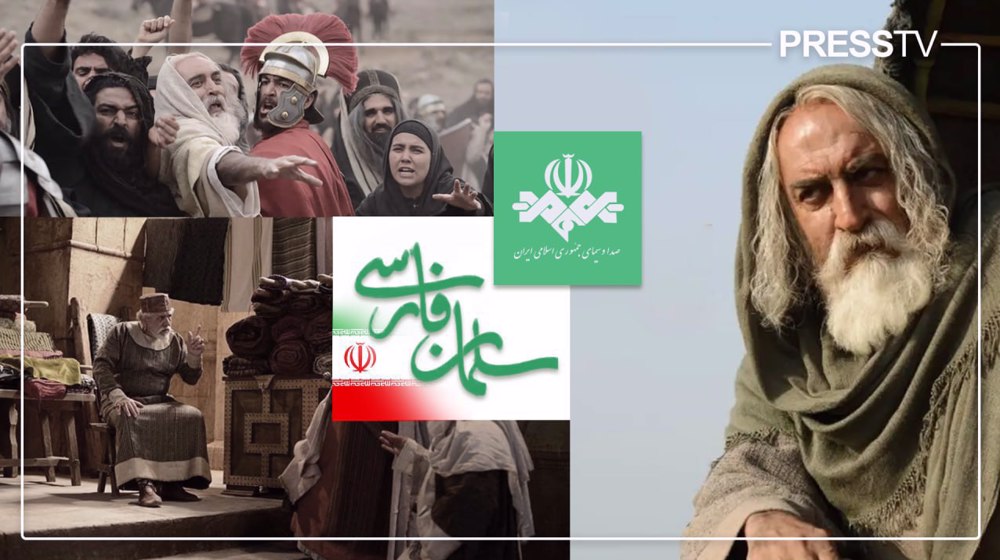
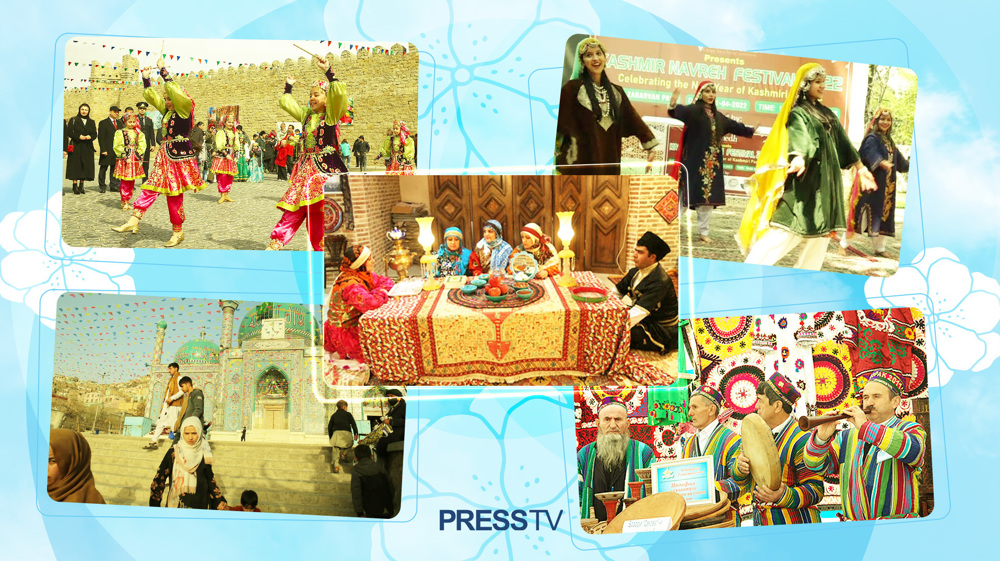
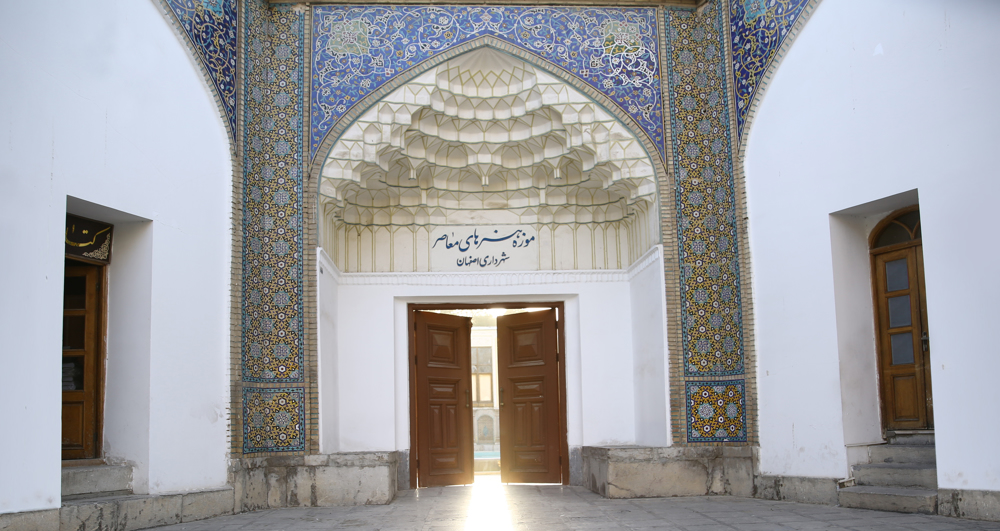
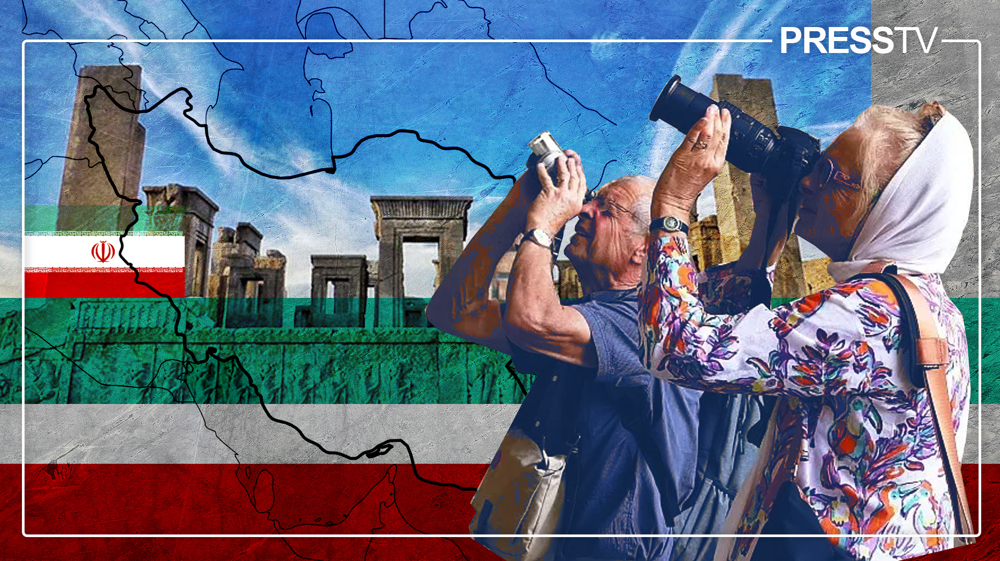



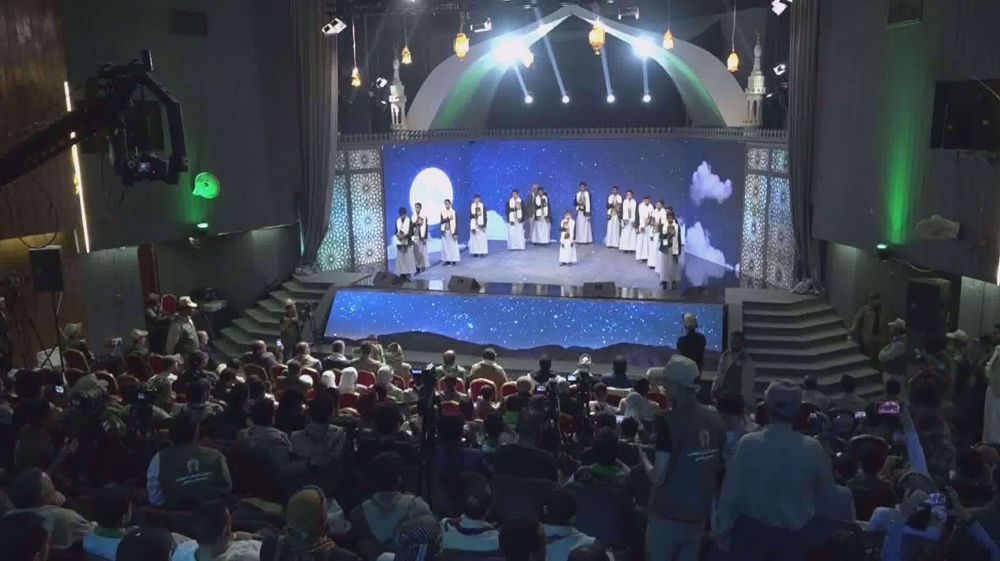
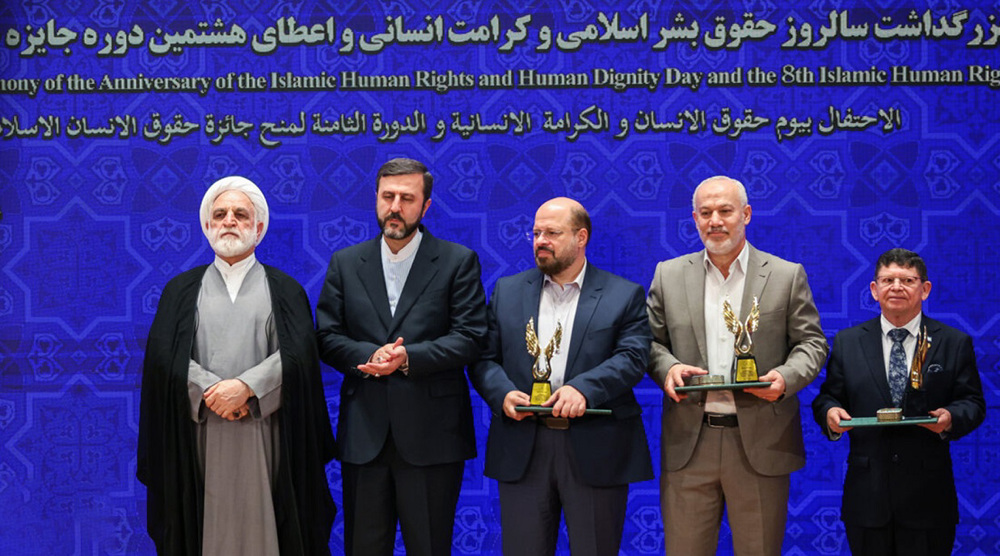
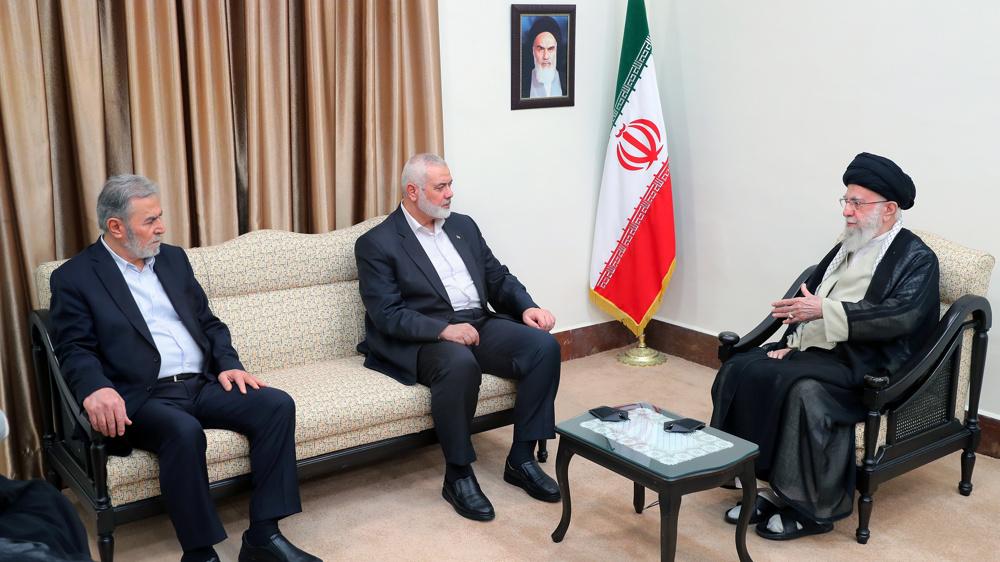
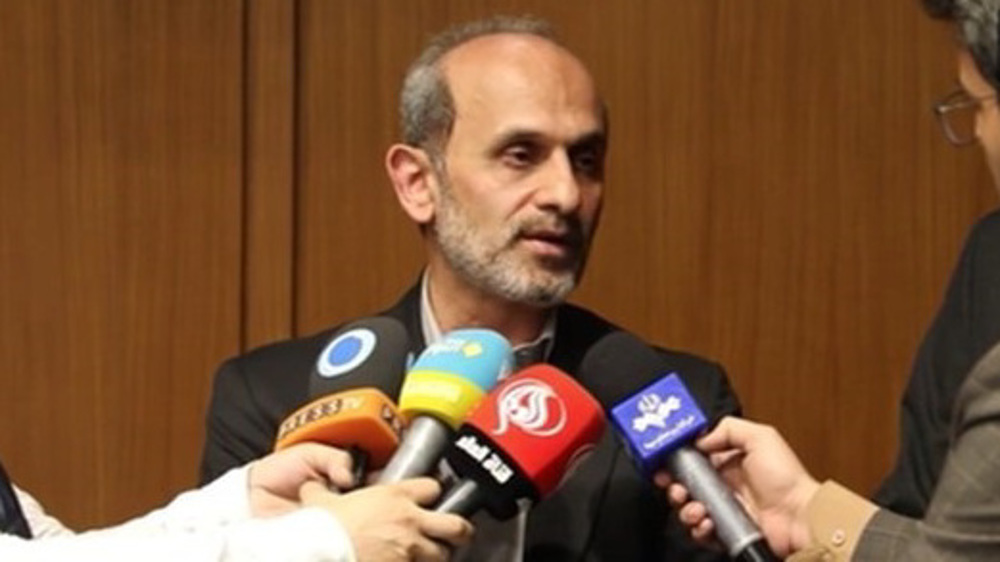
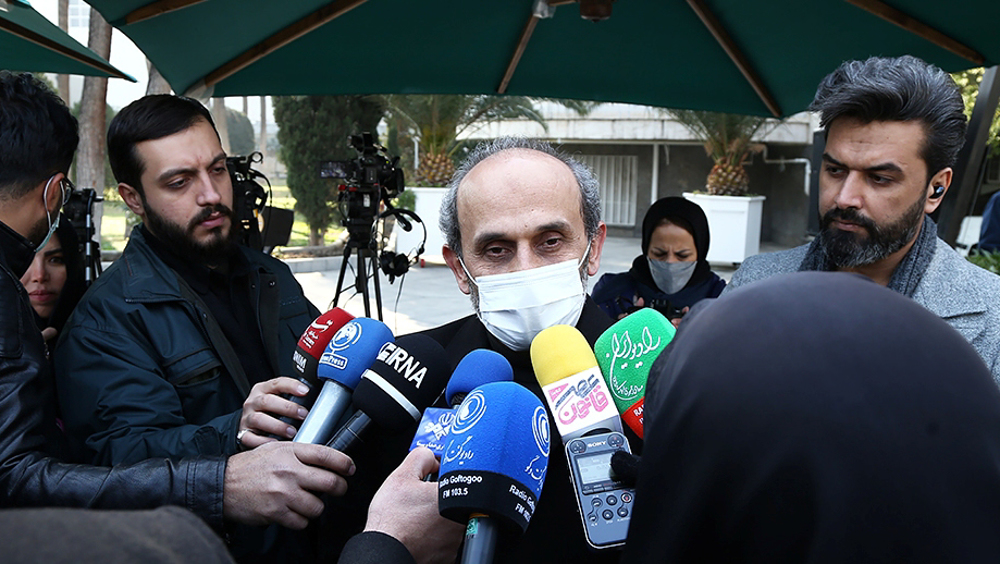

 This makes it easy to access the Press TV website
This makes it easy to access the Press TV website